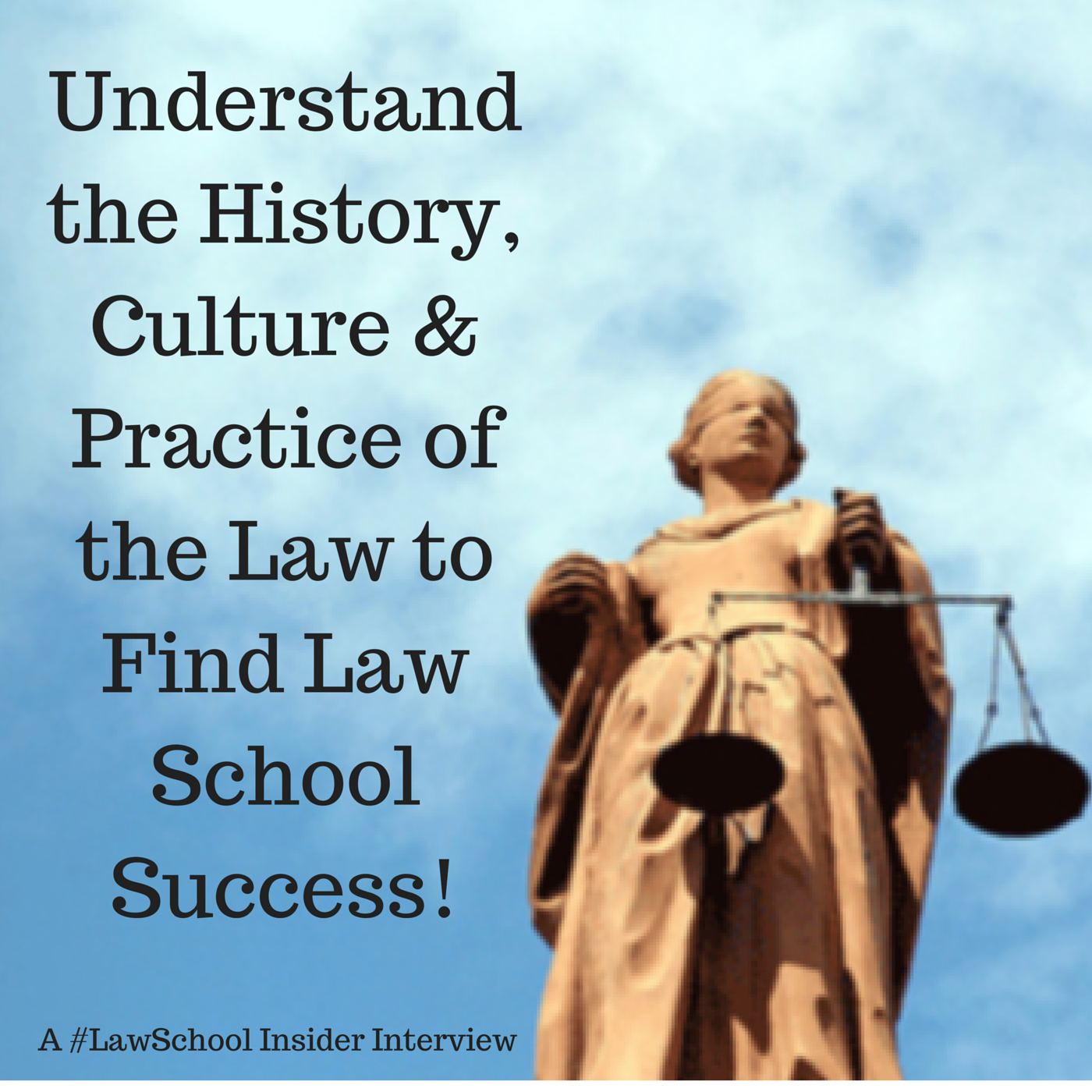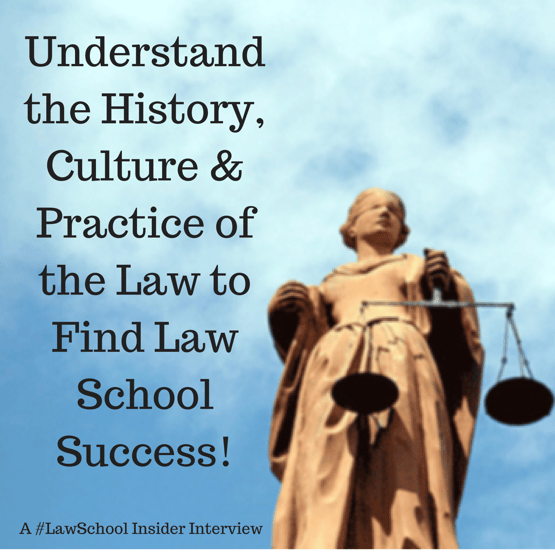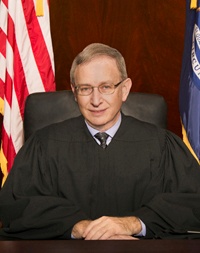Understanding the History, Culture & Practice of Law


Today in the Law School Insider we explore the journey that Justice of the Michigan Supreme Court, Stephen Markman went on to find the success he has in his own legal career.

Stephen Markman was appointed Justice of the Michigan Supreme Court on October 1, 1999. Before his appointment, he served as Judge on the Michigan Court of Appeals from 1995-1999. Prior to this, he practiced law with the firm of Miller, Canfield, Paddock & Stone in Detroit. Justice Stephen Markman also has a long history of working for the United States as a United States Attorney, or federal prosecutor and as an Assistant Attorney General of the United States. So as you can see Justice Stephen Markman brings a wealth of knowledge to you today.
Justice Stephen Markman mentioned to me that his approach to finding himself in law school was somewhat haphazard. When he was in college he said that law school was sometimes seen as career that you did when you didn't know what you wanted to do. Justice Stephen Markman had a great interest though in the sciences, astronomy and the law in regards to the principals that underlie the law such as:
- The idea of jurisprudence
- What were correct ideas
- How the rule of law was achieved
- The overall role of the judiciary
Justice Markman mentioned that in preparing for law school he read much to help him to better understand the history, culture and practice of law. Some of the seminal pieces that he read and that he encourages all future lawyers to read included:
- Commentaries on the Constitution of the United States by Joseph Story
- A Treatise On The Constitutional Limitations: Which Rest Upon The Legislative Power Of The States Of The American Union by Thomas McIntyre Cooley
- General Principles of Constitutional Law in the United States of America by Thomas McIntyre Cooley
After his numerous years of service to the legal profession he has found that all current and soon-to-be lawyers have to look inside of oneself instead of outside of oneself to decide what contributions they would like to make to society, their family, their practice and to the profession.
As you move further into your career Justice Stephen Markman said that you usually will look back and see what you have achieved and often then re-connect themselves to make further contributions in their career.
In the end, everything that you have done is a stepping point for what comes afterward, so you have to be aware of this in the relationships that you are building and the experiences you are having throughout law school.
Justice Markman has lived by a set of principles in his life that has been consistent throughout and this is something that he encourages all future lawyers to consider. What Justice Markman takes the most pride in is that he continues to consistently applies the kinds of standards that he strongly believes in-in regards to the rule of law.
Justice Markman also mentioned that he always has lived by the quote by Abraham Lincoln that stated "In order to be a good lawyer one needs to read, read, and read some more."
I think that Justice Stephen Markman said it best when he stated that if you are going to be successful in your law school career you have to understand the following things:
- the larger principles of the profession
- the culture of legal practice
- the history of legal practice
- how judges make correct or incorrect decisions
- how the common law has evolved
- how the law of the United States and Michigan has evolved
- the history of the debates that have characterized the history of the profession
All of these are important no matter where you go to law school. In the end you have to have a love for the law, as that will give you the drive to find ultimate success.
